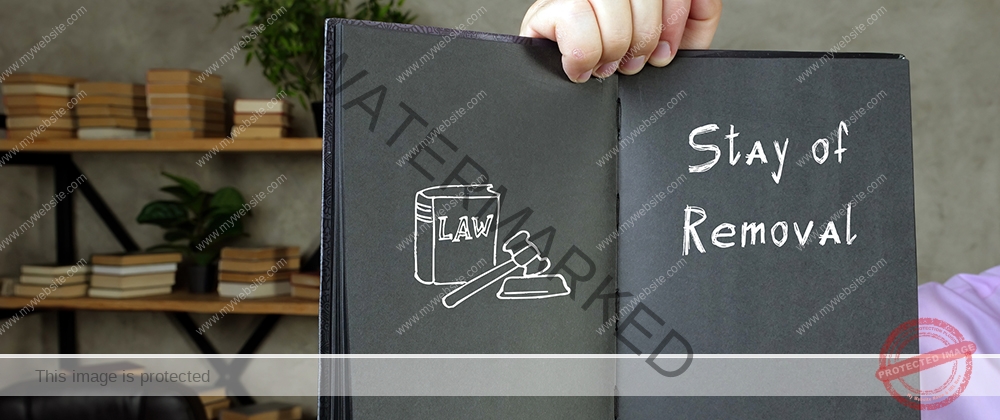 President Trump’s second attempt to prevent people from Muslim countries from traveling to the U.S. suffers another defeat. The executive order which is a “watered down” version of the first travel ban that was announced shortly after President Trump was sworn is dead in the water. The Fourth Circuit Court of Appeals upheld a lower court’s temporary injunction of the travel ban.
President Trump’s second attempt to prevent people from Muslim countries from traveling to the U.S. suffers another defeat. The executive order which is a “watered down” version of the first travel ban that was announced shortly after President Trump was sworn is dead in the water. The Fourth Circuit Court of Appeals upheld a lower court’s temporary injunction of the travel ban.
About the Ruling
The Fourth Circuit Court of Appeals took a deeper look into the executive order than any other court has to date. They found that the order is in violation of the constitution. Specifically, President Trump’s executive order violates the Establishment Clause of the Constitution. This clause prevents favoring one religion over another.
The appellate court considers a ban that targets specifically Muslims unconstitutional. One of the factors the court took into consideration was statements that President Trump and his administration have made. The statements that President Trump made on the campaign trail about not allowing Muslims into the country could be his undoing. Religious discrimination is a direct violation of the constitution and President Trump saying that was his intention made the ruling easier for the court. These statements show “direct and specific evidence” of the intention of President Trump’s travel ban.
In the majority opinion, Chief Judge Roger Gregory writes that the executive order “in text speaks with vague words of national security, but in context drips with religious intolerance, animus, and discrimination.” He goes on to say that “power is not absolute. It cannot go unchecked when, as here, the President wields it through an executive edict that stands to cause irreparable harm to individuals across this nation.”
Another issue the court found with the travel ban is the evidence to back up the need for the executive order. The examples of terrorists that were born in these countries and came to the United States to commit an act of terror include two Iraqi’s and a Somalian. Iraq is no longer one of the countries with travel restrictions, and the Somalian came to the U.S. as a child and didn’t become a radical until he was an adult.
What’s Next For President Trump?
There is only one step left for the President, and that is The Supreme Court. Both the Whitehouse and the Department of Justice made statements shortly after the ruling to express their criticism. The Whitehouse claims that they need “every available tool at our disposal to prevent terrorists from entering the United States” and that the executive order is one of those tools.
The Justice Department’s statement said, “This Department of Justice will continue to vigorously defend the power and duty of the Executive Branch to protect the people of this country from danger.” “The Department of Justice will seek review of this case in the United States Supreme Court,” said Jeff Sessions.
It is clear that President Trump and his administration will see this through to the end. However, it could be some time before The Supreme Court makes a decision on whether or not to hear the case. Even if the court does decide to hear the case, they may not side with President Trump.
Are Muslims the Problem?
Many people think that all Muslims are terrorists, but this couldn’t be any further from the truth. Unfortunately, there are extremists that give all other Muslims a bad name. However, if you think about it, this happens with all religions. We don’t blame all Christians for bombings or shootings at abortion clinics. So, why do we blame all Muslims for terrorist attacks?
There have been eleven attacks by Muslims on American soil since September 10, 2001. The breakdown of the nationalities is as follows:
- Suadi Arabia: 15
- United States: 7
- United Arab Emirates: 2
- Egypt: 2
- Russia: 1
- Kuwait: 1
- Pakistan: 1
- Lebanon: 1
- Kyrgyzstan: 1
The thing about the travel ban is that none of these countries are even on the list. Also, there has been an increase in American-born radicals over recent years. Banning Muslims from entering the country will do little to thwart future terrorist attacks.
You may also be surprised to know that Muslims are responsible for far fewer attacks in the U.S. than those of other religions. According to FBI statistics, from 1980 to 2005, Muslims only account for 6% of terrorist attacks on American soil. The numbers in Europe are even more staggering. Only 2% of all terrorist attacks over the past five years have been carried out by Muslims.
In conclusion, a ban on Muslims entering the country will have little to no affect on the safety of the American people. Courts across the country seem to agree that this ban will do little to curb terrorist attacks.
Pozo Goldstein New York
If you are concerned with the ever-growing restrictions on immigration contact Pozo Goldstein today. The lawyers at Pozo Goldstein can help you determine what the best course of action is in your situation. Immigration issues are complex, and you should have an experienced New York Immigration attorney fighting for you.




